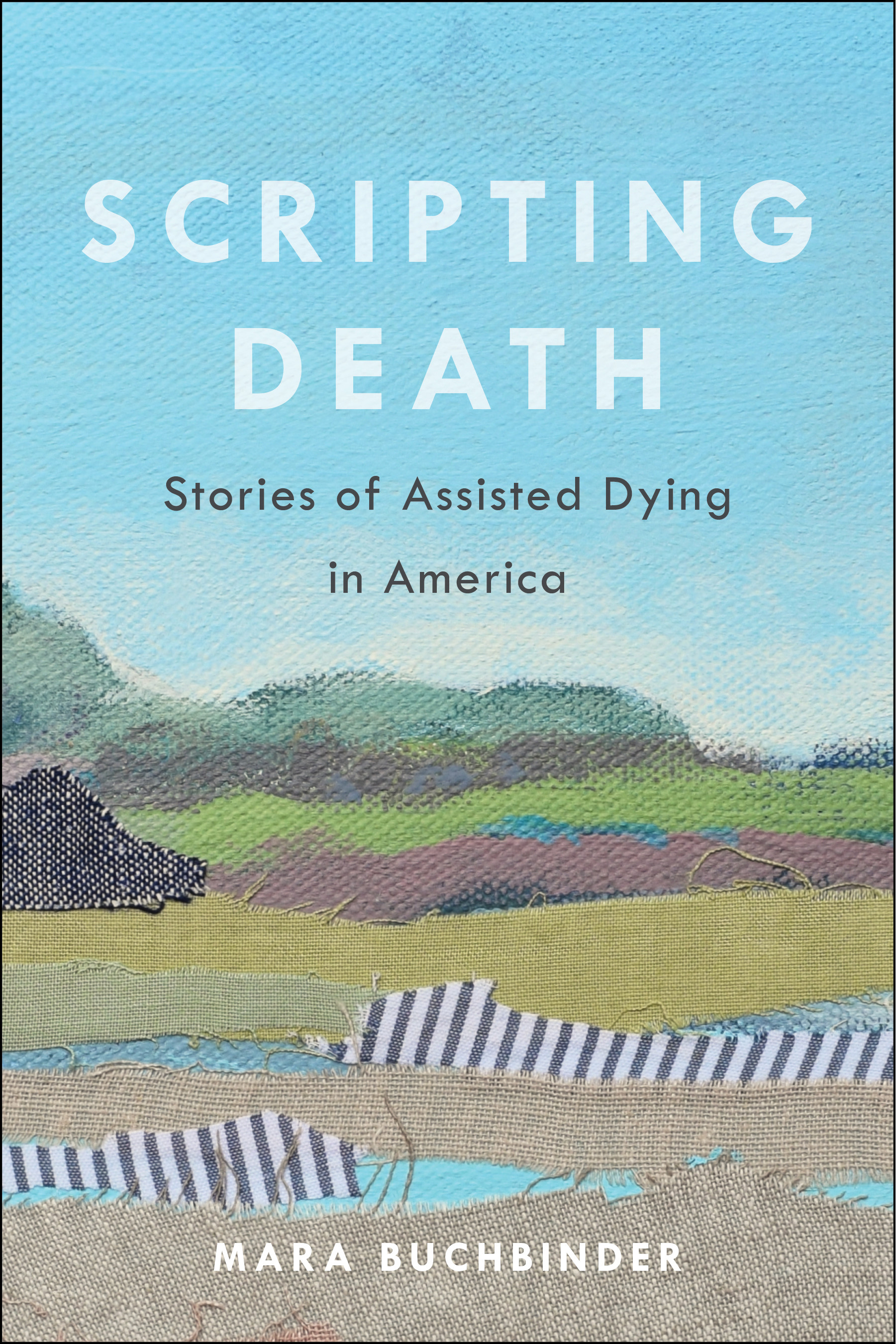Medical aid-in-dying is a complex and layered issue. For decades, the subject has dominated social and political discussions around end-of-life decision-making.
Over the last five years, medical aid-in-dying has expanded rapidly in the U.S. and is now legally available to one in five Americans. The growing movement heralds the possibility of a new era of choice in dying, yet there is an urgent need to understand the real-world challenges faced by individuals as they move to translate policy into practice.
Until recently, analyses of this complex bioethics issue have in large part overlooked a key element—relationships. Once a person seeks aid-in-dying, family members, caregivers, physicians, and institutions must work together, causing thornier bioethics issues to arise. What if the person’s family disagrees with their choice? How can a terminally ill person with limited time navigate the necessary paperwork? What happens if clinicians refuse to participate?
Greenwall Faculty Scholar Alum Mara Buchbinder, PhD, dedicated her Faculty Scholar project to discovering how recent aid-in-dying legislation impacts ordinary people. In her new book, Scripting Death: Stories of Assisted Dying in America, she pulls discussion of medical aid-in-dying out of academia and into the real world, weaving together stories from patients, caregivers, health care providers, activists, and legislators to show how they navigate this new medical frontier in the aftermath of legalization.
The Greenwall Foundation recently caught up with Prof. Buchbinder to learn more about Scripting Death and how she hopes it will impact our understanding medical aid-in-dying more.
What moved you to write Scripting Death?
Scripting Death narrates what happened after Vermont passed the Patient Choice and Control at End of Life Act in 2013, authorizing physicians to prescribe lethal medication for a terminally ill, mentally competent adult patient. I wanted to understand what happened in the messy aftermath—how patients sought access to this new end-of-life option, how caregivers supported them, and how physicians and other health care providers incorporated it into medical practice (or resisted doing so). There are many books about medical aid-in-dying that focus on its moral and legal permissibility. I underscored the social and ethical challenges that emerge when theory becomes reality.
What impact do you want Scripting Death to have?
I hope Scripting Death will deepen and complicate the dominant discussions surrounding medical aid-in-dying, which cast it as a matter of individual choice and autonomy. My research demonstrates that medical aid-in-dying is a fraught relational practice: terminally ill individuals seeking medical assistance in dying depend on critical contributions from caregivers and clinicians to gain the control over the dying process that they so desperately seek. I hope that my book will raise awareness of these aspects of the issue that haven’t received much public attention.
Were there unexpected consequences of the Vermont legislation revealed during your research?
When I began my research in 2015, I was unprepared for how challenging it would be for some terminally ill Vermont residents to access medical aid-in-dying. I naively assumed—like many in Vermont—that once the law was passed, medical aid-in-dying would be available to qualifying patients. I quickly learned that the “right” to die with a physician’s assistance does not guarantee access to this end-of-life option. I did not anticipate how some families would feel cheated by these access barriers when navigating the protocol pulled them away from a dying loved one and robbed them of precious time together. In this sense, failed attempts to access medical aid-in-dying sometimes added to patients’ and families’ suffering.
What can an anthropological perspective teach us about the ethics of medical aid-in-dying?
An anthropological perspective can teach us that bioethics may not have all the answers about medical aid-in-dying. In bioethics, many debates start from normative presuppositions that do not always reflect the actual conditions on the ground. For example, much of the bioethical debate surrounding the physician’s role in medical aid-in-dying has focused on their rights of conscientious objection. I found that even if physicians ultimately decline to prescribe lethal medication, they may still care for patients pursuing medically assisted death by counseling them, helping them find a prescribing physician, and planning for the death. Focusing on physicians’ rights of conscientious objection obscures the wider range of ways physicians can participate in medically assisted death. It also neglects the positive role that conscience can play in motivating physicians to participate in certain forms of care. Social scientific perspectives can enrich bioethical scholarship by challenging the very premises on which many of our theories and debates rest.
What impact has the Greenwall Faculty Scholars Program had on this book?
The Greenwall Faculty Scholars Program had a tremendous impact on this book. I was able to collect the data for the book while I was a Scholar because the Foundation provided me with protected time to engage in the thinking necessary for humanistic inquiry in bioethics. Later in the process, I formed a writing group with Greenwall Faculty Scholar Alumni who were also writing books (Jenny Blumenthal-Barby, PhD, Lori Freedman, PhD, and Efthimios Parasidis, JD). Writing a book can be a lonely endeavor, and their support, feedback, and camaraderie were essential to this project. Getting comments from Greenwall colleagues trained in different fields also helped me refine my arguments and make sure that central messages would be clear to an interdisciplinary audience.
* * *
The Greenwall Foundation is proud to support expanded discourse surrounding medical-aid-in-dying. Elsewhere on our blog, you can find more about the debate on psychiatric aid-in-dying and video from the 2019 William C. Stubing Memorial Lecture, “Can Democratic Deliberation Help Us to Resolve Difficult Issues? The Case of Physician Aid-in-Dying.” You can also learn more about the end-of-life decision-making projects we fund here.
